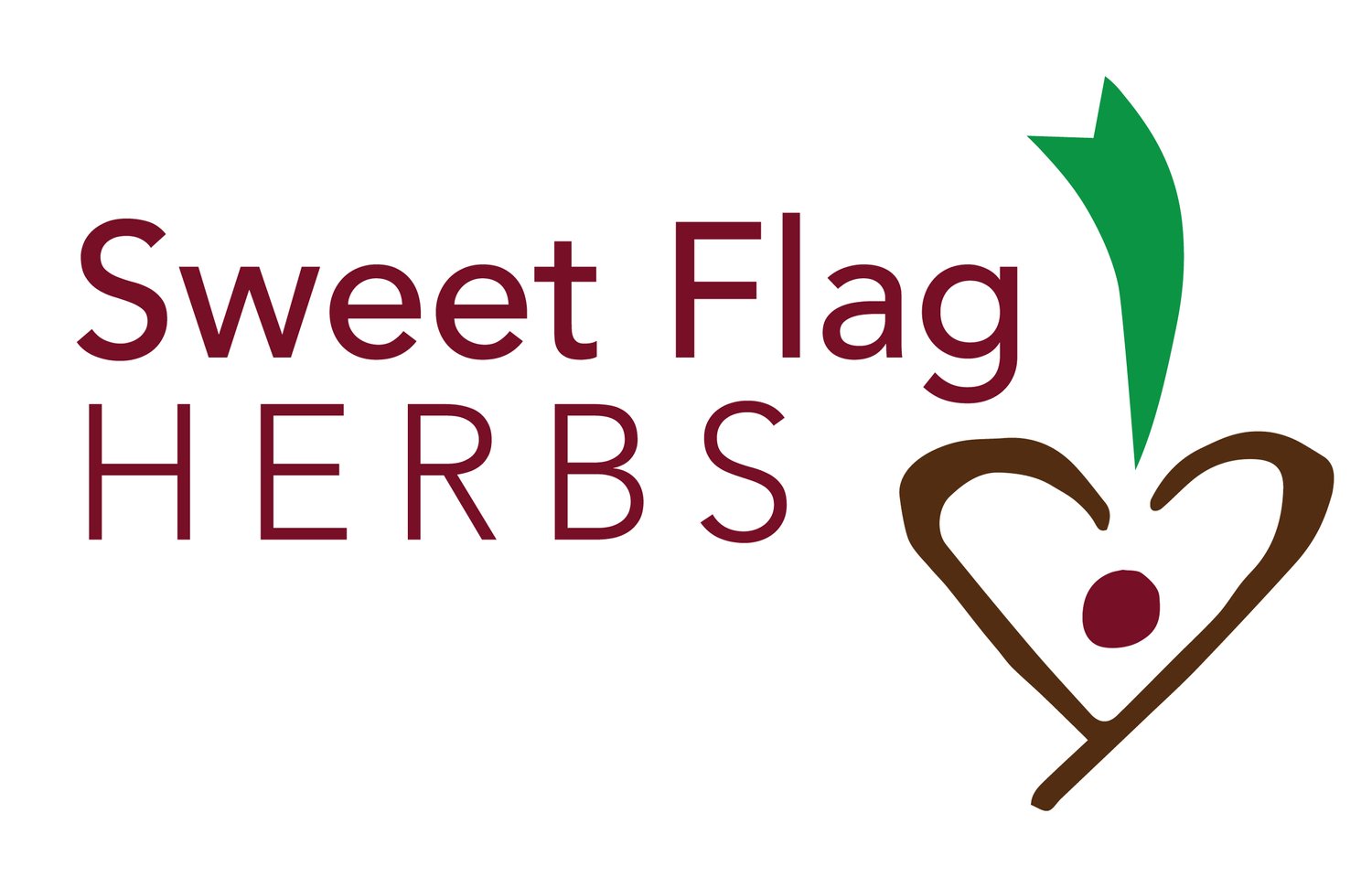
MUTUALITY
For as long as humans have existed, we have been cultivating relationships with plants for food, medicine, fuel, clothing, shelter, and beauty. Plant medicines have traditionally been 'remedies of the people,' accessible in kitchens, gardens, and the local ecosystem. These plant connections are nourishing and empowering on many levels.
People who rely on local plants and wildlife notice changes in their populations, and they’re invested in these species thriving. I believe this local ecosystem reliance is a necessary component of environmentally sustainable cultures.
I hope to facilitate rich relationships with wild and cultivated plants—and other humans in the process (particularly ourselves).
Sustainable gardening and wild-harvesting methods are a primary focus of my classes. Click here to learn what "sustainable harvesting" means to me.
ACCESS FOR ALL
Herbal consultations and formulations are not yet covered by most medical insurance, which makes them difficult to afford for many. I prioritize herbal education for those who wish to grow, harvest, and make their own medicine—or a healthy, nourishing lifestyle in general.
ORIGINS OF KNOWLEDGE
I am indebted to Indigenous communities on this continent for my knowledge of edible & medicinal uses of native plants. With gratitude, 5% of all Lumia Box income goes to the Seneca Iroquois Cultural Center. Visit the Seneca Iroquois Cultural Center & National Museum in Salamanca, NY to learn about traditional botanical uses, folklore, history, and modern culture of the Seneca and Hodinöhsö:ni’ (Iroquois) communities. Their website includes an online shop.
As a person of primarily Irish, Polish, Sicilian, and English descent, I live far from my ancestors’ homelands. Working with ancestral plants for food, medicine, beauty in the garden, and ritual is the most potent path I have found to ancestral connection. In addition to incorporating native North American plants into my garden and apothecary, I also work with traditional European herbs—many of which are heavily spotlighted in Western herbal books.
